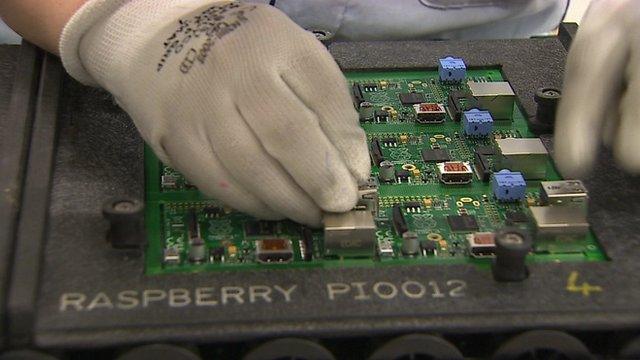Raspberry Pi helps schools in Zambia thanks to Swansea firm
- Published
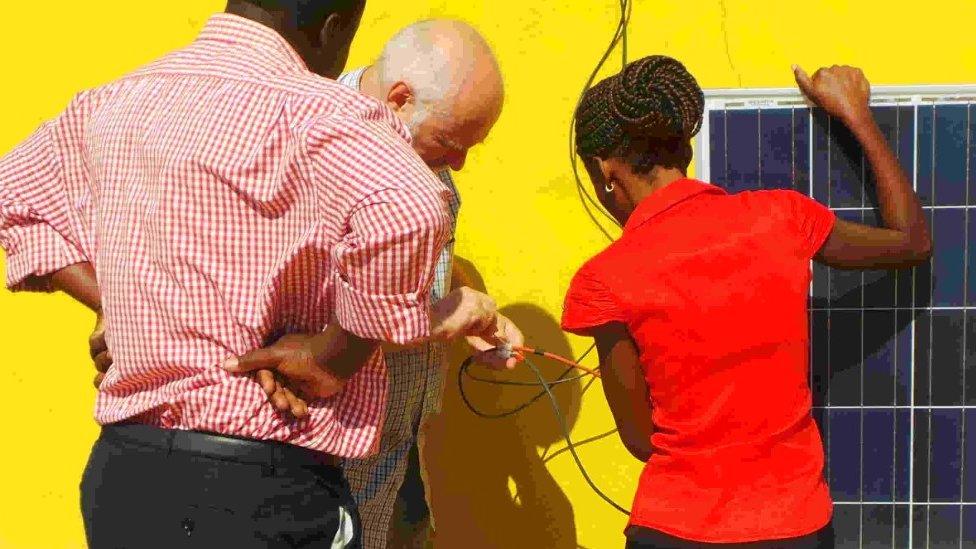
Solar panels are also being fitted as part of the project
The Welsh-made Raspberry Pi computer is being used to support education and IT development in Zambian schools.
Swansea-based GiaKonda is installing the credit card-sized computers, along with solar panels to power them, in schools in the Siavonga region in the south of the country.
It is using software which even illiterate children can understand.
It comes in the same week as the latest version of the Raspberry Pi went on sale for a record low price of just £4.
The Raspberry Pi will be used to help both schools and the local communities in Siavonga.
Chali Mangilazi, who works as an IT teacher at the local high school where the facilities are being developed, said: "Using the skills I have developed, along with the team here, I will be able to deliver a better quality of education and help develop practical IT skills for people in the region.
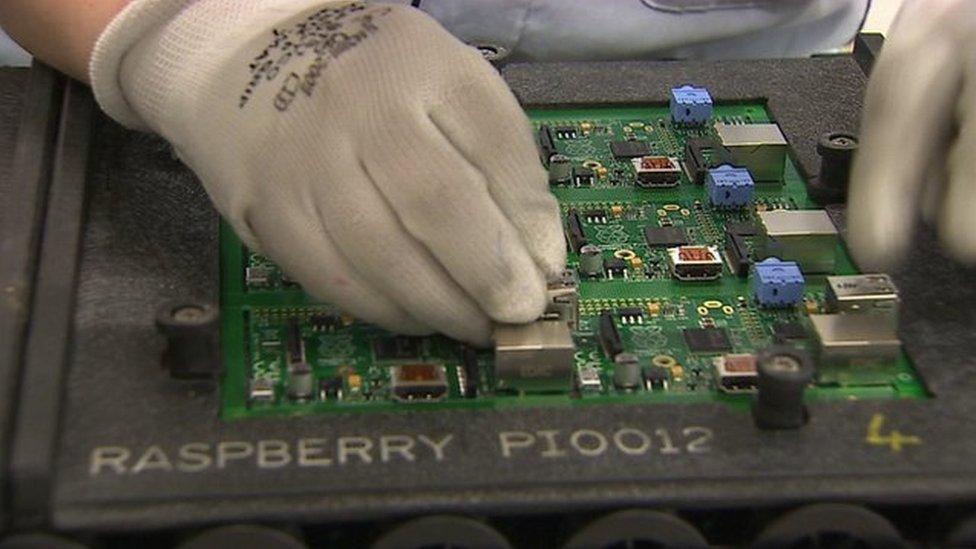
"One of the unexpected benefits has been that some of the local women in the area that sell at the market have been able to set up accounts to track their sales during IT classes, helping them set projections and improve their businesses."
Manufactured in Bridgend, the Raspberry Pi was designed by a not-for-profit foundation to bring inexpensive computers to underprivileged communities.
With roughly the processing power of a tablet, or a desktop computer from the early 2000s, it runs on a version of the Linux operating system which offers beginners an easy introduction to programming.
The original Raspberry Pi Model B has sold over five million units, making it the best selling computer in the UK, according to its makers.
Howard Kirkman, technical director at GiaKonda, said: "The Raspberry Pi is a great piece of kit. It is easy to teach the basics of computer science and programming along with Office applications like word processing and spreadsheets."
- Published26 November 2015
- Published14 July 2014
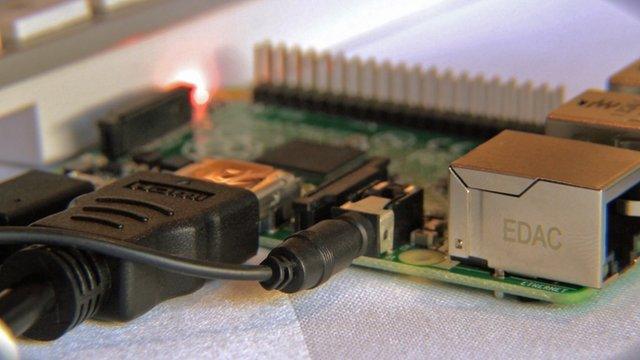
- Published14 July 2014
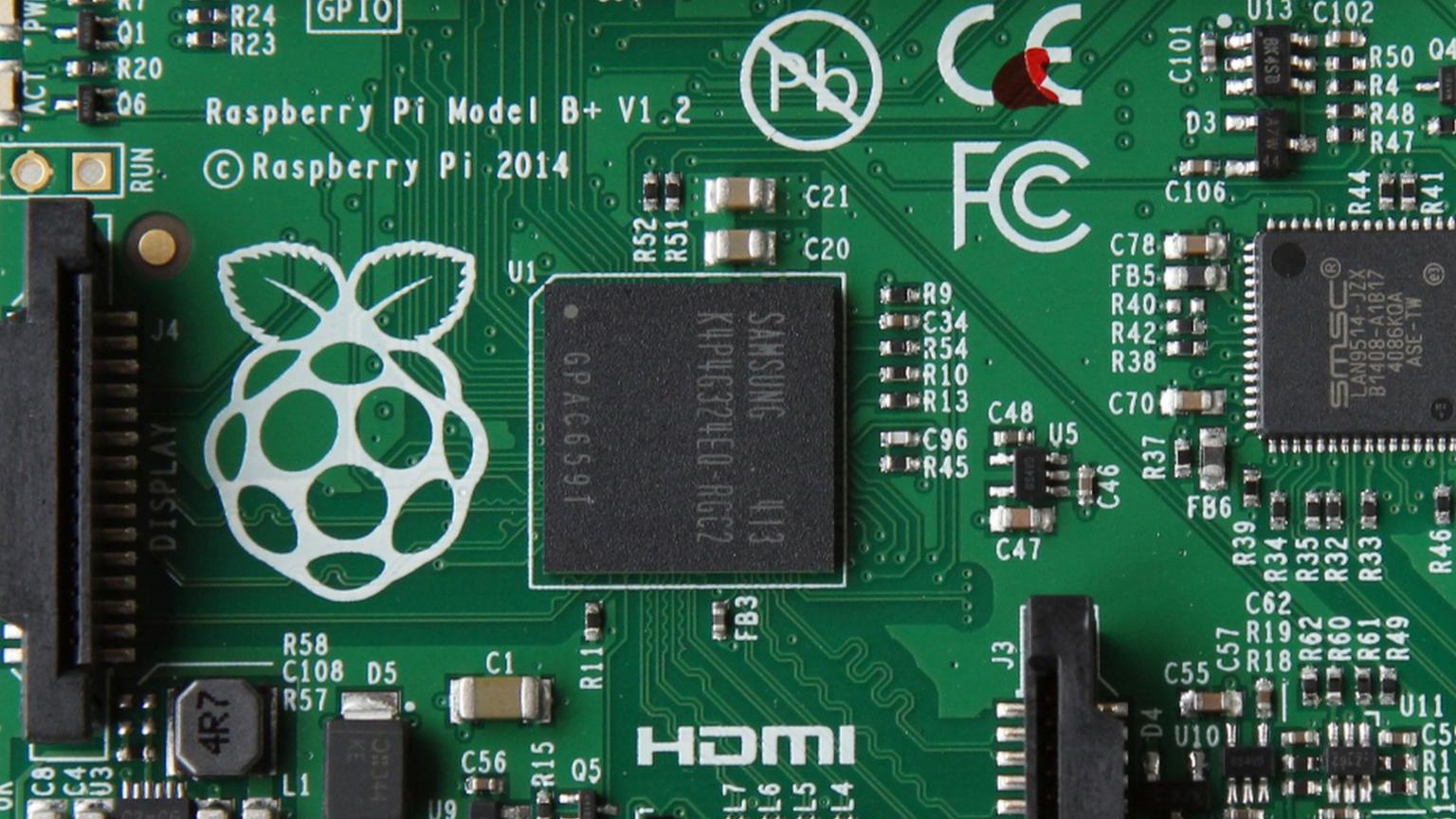
- Published8 October 2013
